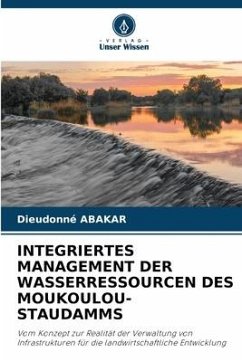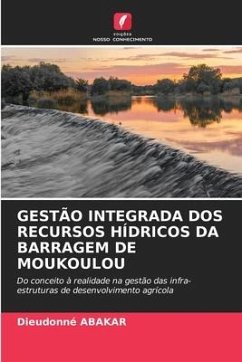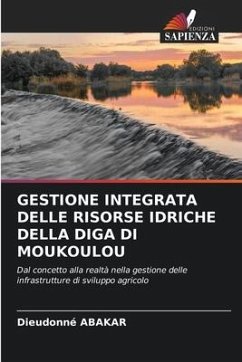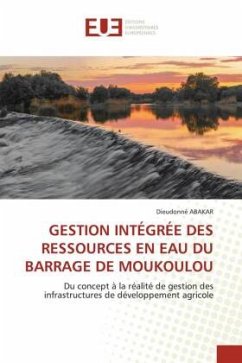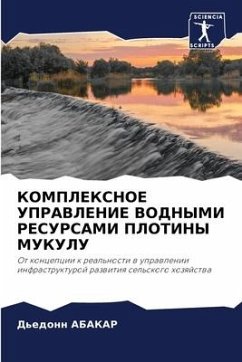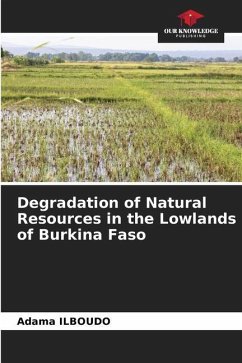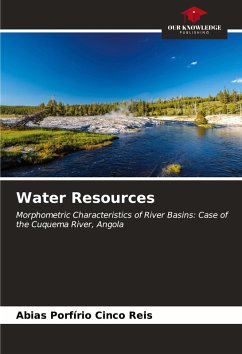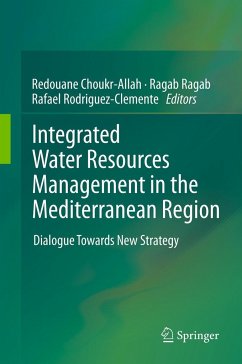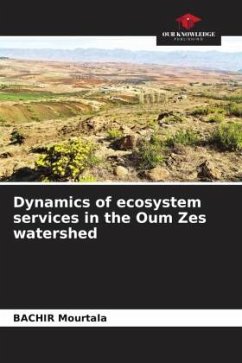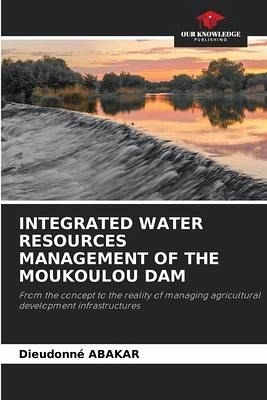
INTEGRATED WATER RESOURCES MANAGEMENT OF THE MOUKOULOU DAM
From the concept to the reality of managing agricultural development infrastructures
Versandkostenfrei!
Versandfertig in 6-10 Tagen
40,99 €
inkl. MwSt.

PAYBACK Punkte
20 °P sammeln!
This study was conducted in the Moukoulou Dam watershed in the Guéra region (Central Chad). The main objective of this study was to contribute to the improvement of the water management of the Moukoulou Dam. The water needs of the users around the dam were obtained. The evolution of the environment and the impacts of the dam on the health of the population were determined. The study revealed that the Moukoulou Dam watershed has an area of 300 km², a perimeter of 68 km and an overall slope index of 7.5 m/km. The storage capacity of the dam is estimated at 770,000 m3 and the average annual inf...
This study was conducted in the Moukoulou Dam watershed in the Guéra region (Central Chad). The main objective of this study was to contribute to the improvement of the water management of the Moukoulou Dam. The water needs of the users around the dam were obtained. The evolution of the environment and the impacts of the dam on the health of the population were determined. The study revealed that the Moukoulou Dam watershed has an area of 300 km², a perimeter of 68 km and an overall slope index of 7.5 m/km. The storage capacity of the dam is estimated at 770,000 m3 and the average annual inflow is estimated at 600,000 m3. The total consumption is 30% of the dam's water storage. The sector using more water is irrigation with a total of 175,554 m3 per year. The utilization curve of the reservoir showed that the capacity of the dam has no constraints to meet the water needs of irrigation and other uses despite the poor management of the dam water. In addition, the evolution of water-related diseases is increasing with a high rate of malaria around the dam.



